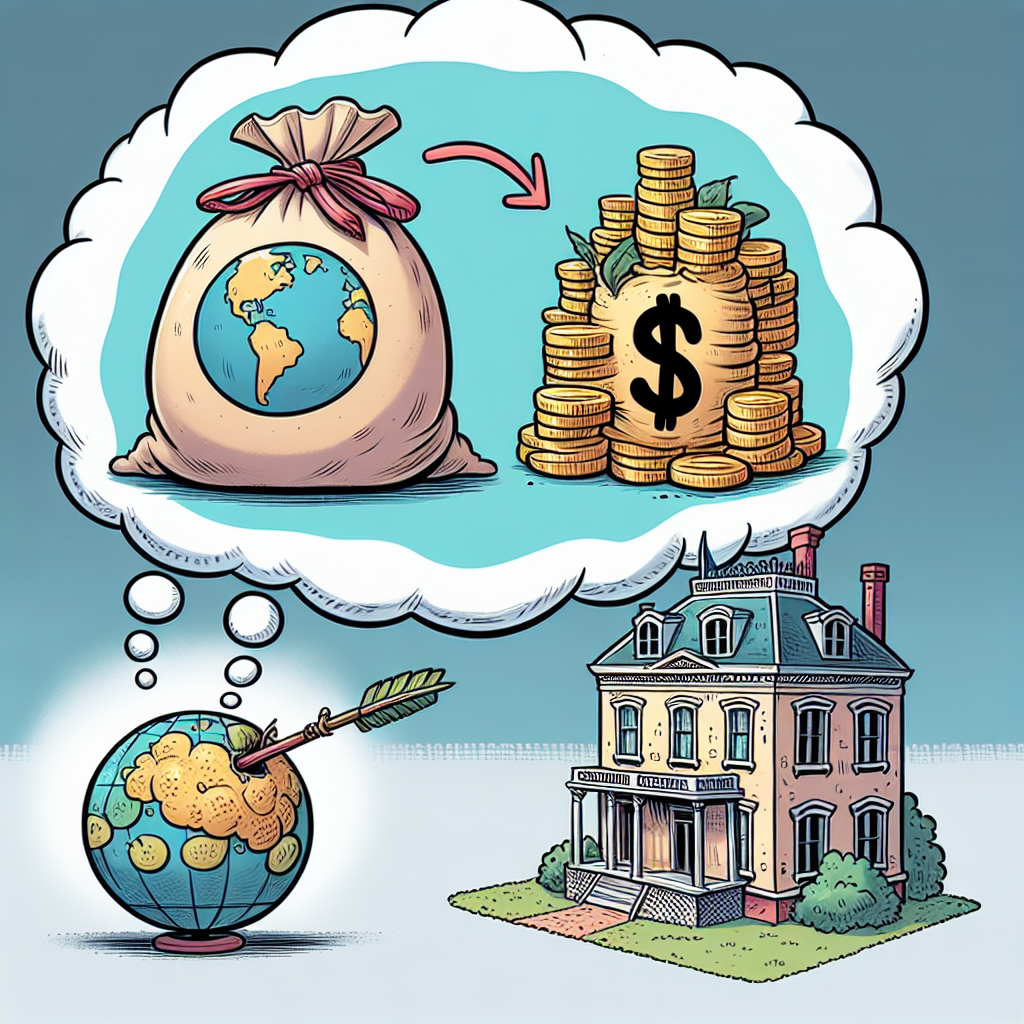Debating Colonial Reparations: Navigating Political Sensitivities
Cape Verde's President Jose Maria Neves highlights the complexities of discussing colonial reparations in public due to rising right-wing populism. While acknowledging the political challenges, he emphasizes the need for private government discussions to address historical injustices. The debate over reparations remains contentious, particularly in former colonial powers like Portugal.

Cape Verde's President Jose Maria Neves said the rise of right-wing populism has made it difficult to hold a serious debate over colonial reparations but argued that should not stop governments from having those conversations behind closed doors.
In an interview with news site Brasil Já, published online on Wednesday, Neves said debating reparations in the "public arena" could potentially lead to more political polarisation in countries such as in Cape Verde's former coloniser, Portugal, where the far-right is on the rise. "We see extremist, xenophobic, anti-immigration groups growing in former colonising powers," Neves said. "There are no political conditions to publicly discuss these questions at the moment.
"But among governments it is necessary to discuss these matters." He said it was possible to "build solutions" for conversations to take place without contributing to the growth of such groups, adding there were "diplomatic corridors" that could be used instead.
In April Portugal's President Marcelo Rebelo de Sousa, questioned by Reuters, said his country was responsible for crimes committed during transatlantic slavery and the colonial era, and suggested there was a need for reparations. His comments sparked a national debate and strong criticism from right-wing parties.
For over four centuries, nearly six million Africans were kidnapped and forcibly taken across the Atlantic by Portuguese vessels and sold into chattel slavery, primarily in Brazil. Portugal's colonial era saw countries such as Angola, Mozambique, Brazil, Cape Verde, Sao Tome and Principe, East Timor and some territories in Asia subject to Portuguese rule.
Opponents of reparations argue, among other things, that contemporary states and institutions should not be held responsible for their past. But advocates say action is needed to address the legacy of slavery and colonialism, such as systemic and structural racism, and contemporary states still benefit from the wealth generated by hundreds of years of exploitation.
The idea of paying reparations or making other amends for transatlantic slavery and colonialism has a long history and remains deeply disputed, but has gained momentum worldwide.
(This story has not been edited by Devdiscourse staff and is auto-generated from a syndicated feed.)
ALSO READ
Karnataka's Shakti Scheme Sparks Political Debate Amidst Guarantee Promises
Ambulance Controversy Sparks Political Debate at Thrissur Pooram
Border Dynamics: U.S.-Mexico Migrant Crossings Amidst Political Debate
Waqf Amendment Bill Committee's Study Tour Sparks Political Debate
Outcry in Madhya Pradesh: Minor's Assault Sparks Political Debates










